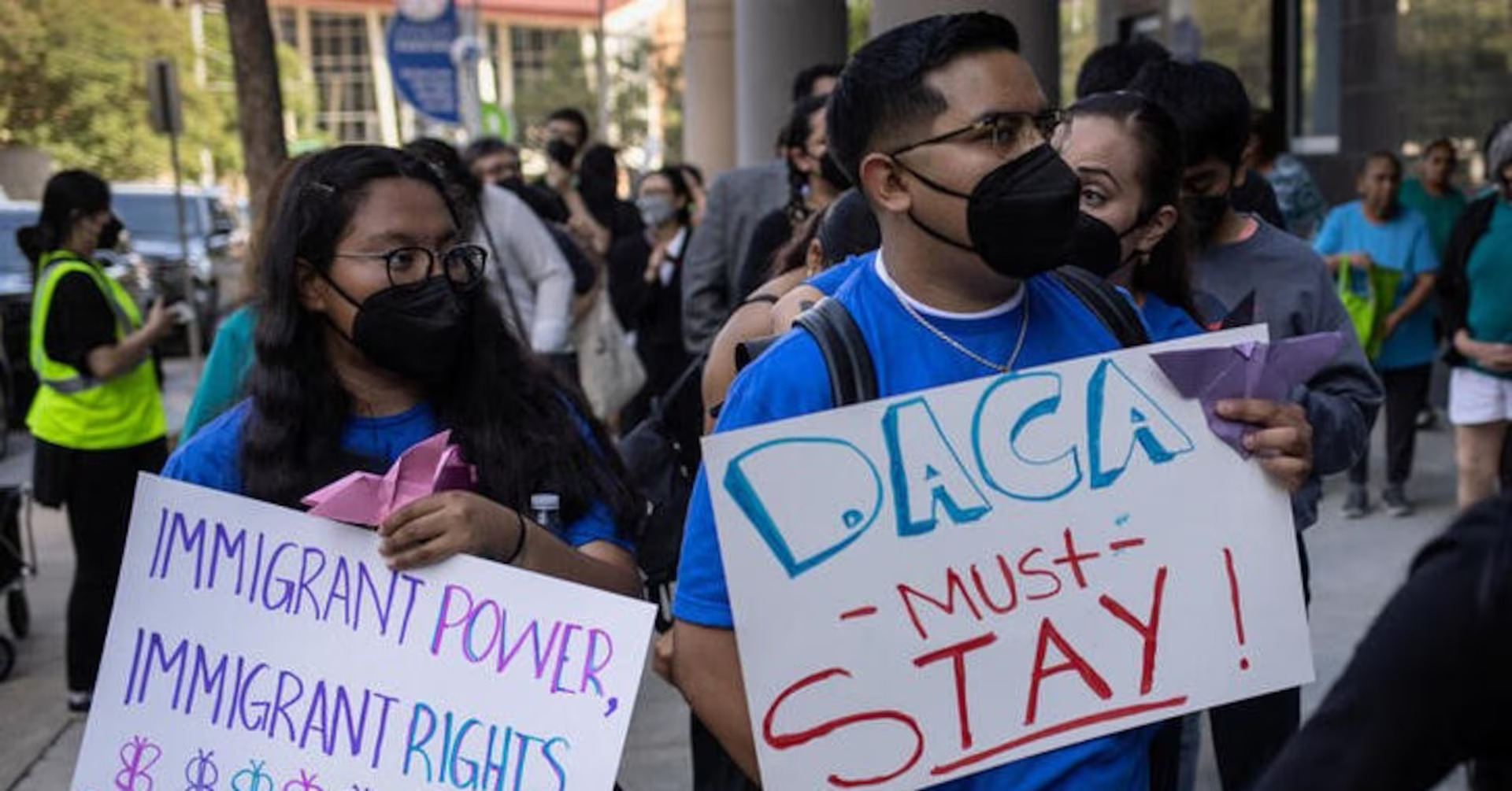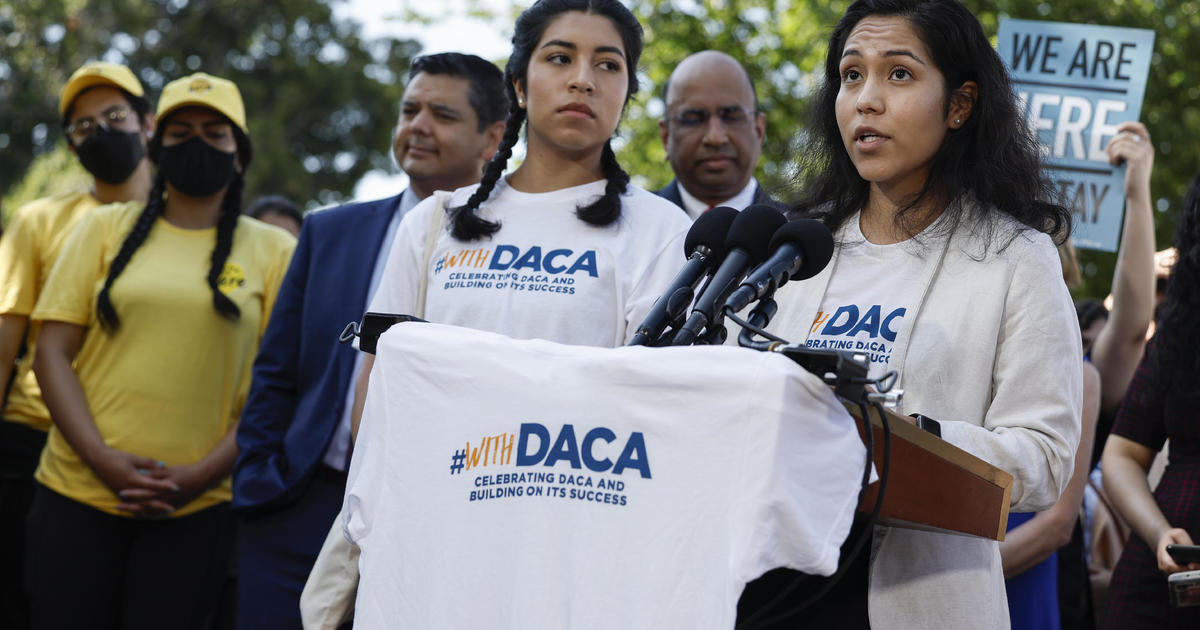A federal appeals court hearing in New Orleans hinted that it may not fully overturn a lower court’s ruling to end the Deferred Action for Childhood Arrivals (DACA) program. While the conservative 5th US Circuit Court of Appeals did not indicate it would preserve the program in its entirety, the judges appeared open to allowing certain parts to remain in effect.
The case is part of a six-year legal dispute over DACA, which was introduced in 2012 to protect undocumented immigrants brought to the U.S. as minors from deportation.
Texas, along with eight other states, has challenged DACA, arguing that the program imposes financial burdens on the states by requiring them to provide public services such as healthcare and education to DACA recipients. Texas contends that without DACA, these individuals would leave the country, reducing the state’s expenses.
There are currently more than half a million immigrants enrolled in DACA. On the other side, New Jersey, supported by the Biden administration, defends the program, emphasizing the broader impact on U.S. citizen children and other individuals who rely on DACA recipients’ ability to work.

Court Considers Partial Preservation of DACA Amid Ongoing Legal Battle Over Immigration Program
Previously, US District Judge Andrew Hanen struck down DACA nationwide, but his ruling allowed current recipients to continue in the program while the case was being appealed. Texas Attorney General Ken Paxton expressed optimism after the latest hearing, stating that the court seemed to favor their position.
Paxton, a Republican, has long argued that DACA is an unconstitutional overreach by the executive branch and hopes for its complete dismantling.
The Biden administration countered by challenging Texas’ standing to file the lawsuit, but Judge Jerry Smith, a Reagan appointee, dismissed that argument. However, Smith showed interest in the Department of Justice’s reference to a severability clause in DACA regulations.
This clause could allow the court to strike down some aspects of DACA, like work permits while keeping others, such as deportation protections, intact. Smith referred to the clause as “significant,” hinting at the possibility of such a partial ruling.
Judge Edith Brown Clement, appointed by President George W. Bush, raised concerns about the broad nationwide impact of the lower court’s ruling, though she made few comments during the hearing.
The issue of nationwide injunctions has come up in previous Supreme Court rulings on DACA, with the Court advising caution on such sweeping measures. As the legal battle continues, the fate of DACA may rest on whether the court decides to dismantle the program entirely or preserve certain aspects of it.











































